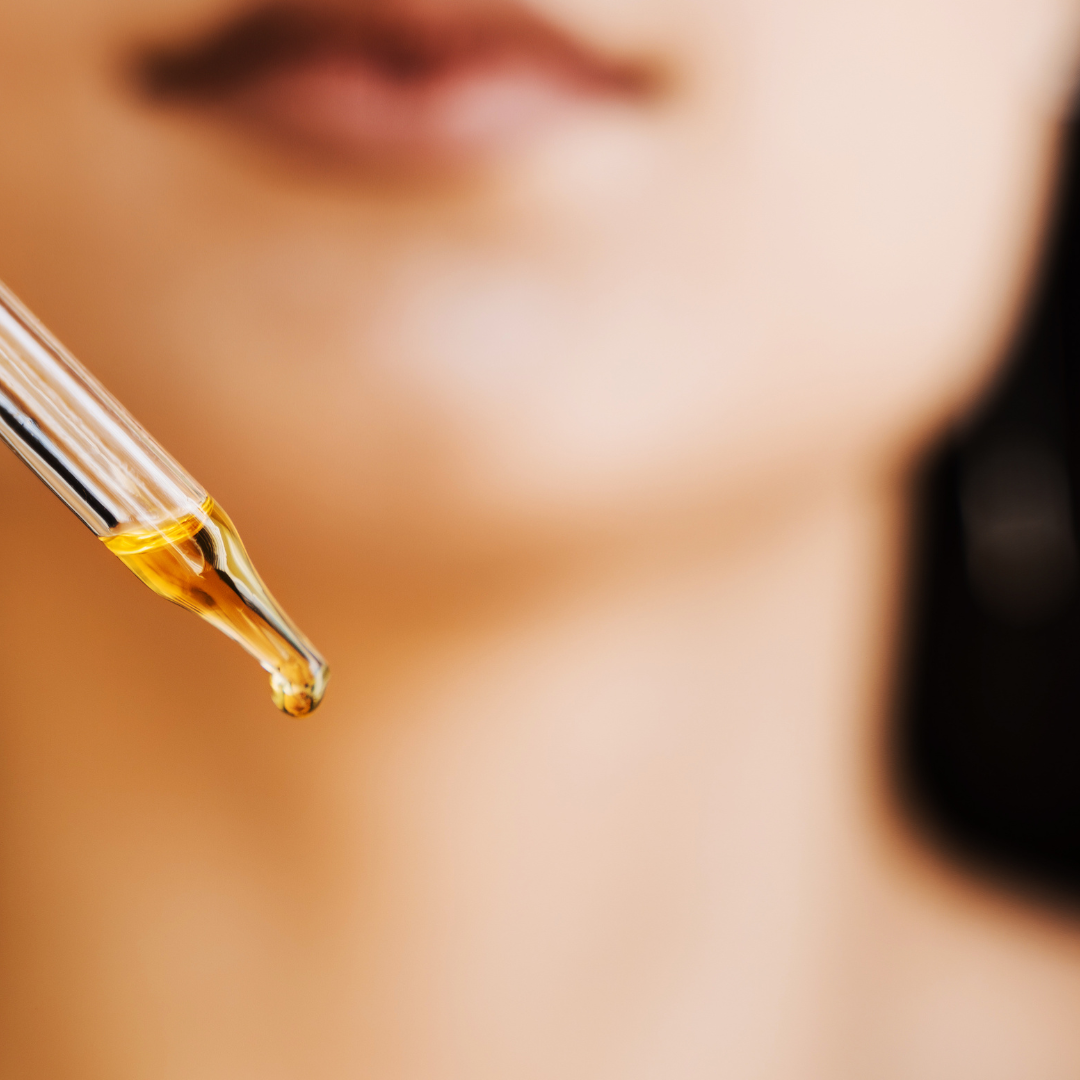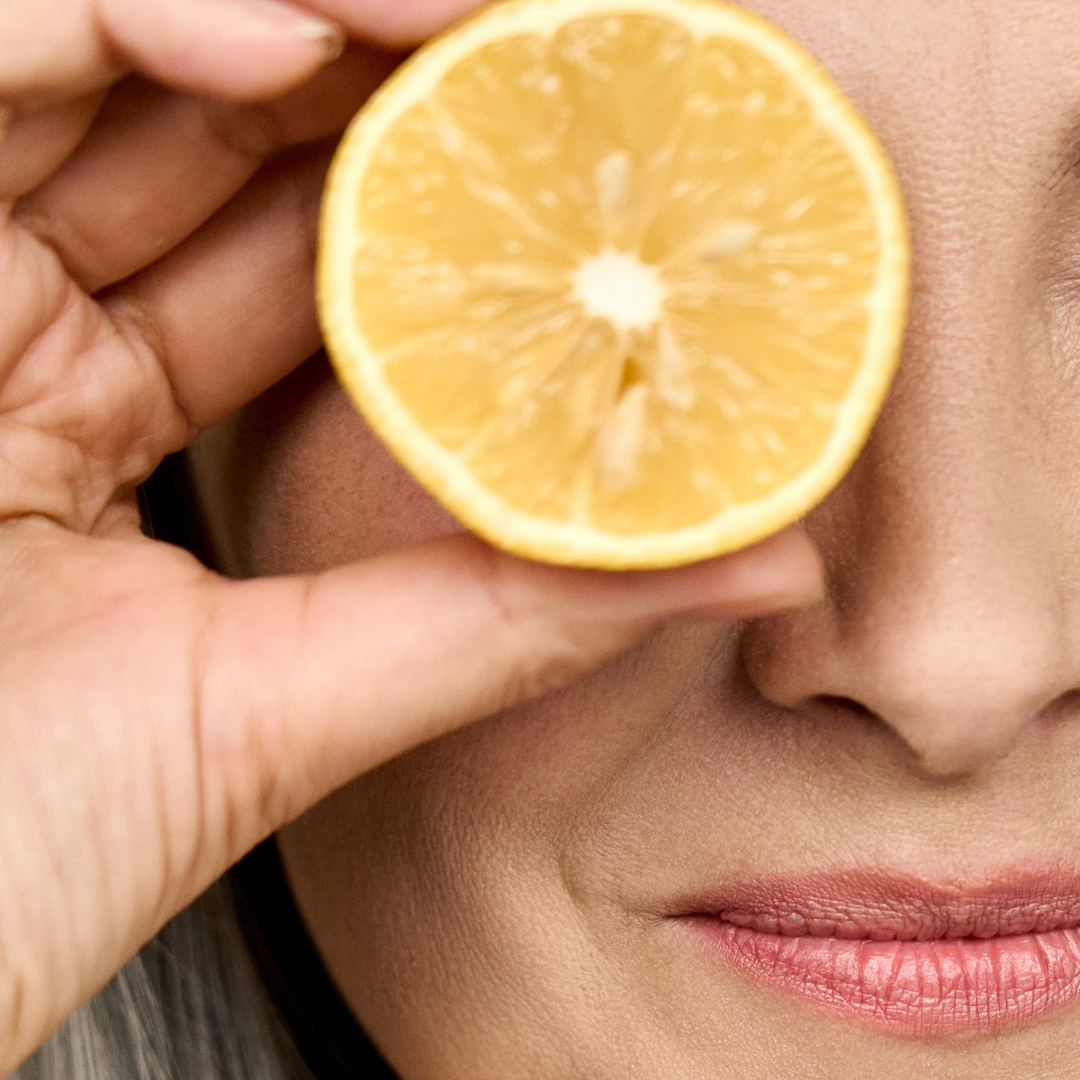When temperatures drop, a challenging time begins for our skin. The cold air outside is often low in moisture, and the change between freezing cold and dry heated air indoors is an enormous stress. Dry patches, flaking and itching are just some of the unpleasant consequences that many of us have to deal with in winter. But don't panic - we have some simple but effective tips for you to effectively accompany your skin through this cold season.
Why is skin care so crucial in winter?
Effects of cold
Below 8 degrees Celsius, our sebaceous glands produce significantly less fat. This leads to a reduced protective layer of lipids on the skin, weakening the skin barrier . Our skin's ability to protect against moisture loss is weakened. At the same time, the cold constricts the blood vessels and reduces blood flow, meaning the skin receives less oxygen and important nutrients. These factors together cause the skin barrier to be further weakened and the skin to lose even more moisture. By weakening the protective fat layer, the skin becomes more susceptible to external harmful substances .
Cold air and humidity:
Cold air can hold less moisture than warm air. This is because the ability of air to hold water vapor is related to temperature. Cold air can hold less water vapor before it becomes saturated. This means that in cold environments our skin is less able to absorb moisture, which in turn leads to dry skin .
Why does the warm air from heating put a strain on our skin?
In winter the outside air is often cold and dry. When the cold outside air is brought indoors and warmed by the heater, its absolute moisture content initially remains unchanged. In many indoor spaces, there are insufficient sources of moisture to saturate the warm air's increased capacity for water vapor. Without additional sources of moisture such as plants, open water containers, humidifiers or regular ventilation, humidity remains low. Because the warm air can hold more moisture, it draws moisture from other sources, such as: B. our skin, mucous membranes and house plants. This effect increases the feeling of dry air and the dehydration of our skin.

Practical tips for winter care
Avoid hot showers:
Hot water can strip the skin's natural oils and dry it out. Lukewarm water is much gentler. It helps cleanse the skin without disrupting its natural moisture balance. Particularly sensitive skin areas such as the face, hands and feet should be treated with particular caution.
No extra care:
Overuse of skin care products can cause irritation and imbalances.Instead, choose products that have been specifically developed for your skin type and your skin's current needs. A protective, nourishing moisturizer in the morning and evening can be sufficient. Zkin Lab offers you exactly the right ingredients for your individual skin.
Balancing heating air:
Increase the humidity in your home by using humidifiers . Houseplants can also help increase humidity. Regular ventilation for fresh air and balancing the room temperature also help protect the skin from dryness.
Proper skin care:
Adapted skin care is crucial to support the skin in winter. Zkin Lab offers an innovative solution here: With our skin analysis kit you get insights into the current condition of your skin. Our AI-based technology helps develop products that are tailored to your skin's needs. These personalized products support your skin's natural protective barrier and provide it with the nutrients it needs to combat dryness and other winter challenges.
Summary:
The cold season requires special attention to our skin. By avoiding hot showers, choosing the right skin care products, adjusting indoor air quality, and using personalized skin care products from Zkin Lab, you can ensure that your skin stays healthy and glowing even in winter.
Through targeted and conscious care, you can ensure that your skin is optimally cared for and maintains its natural balance even in the cold season.





